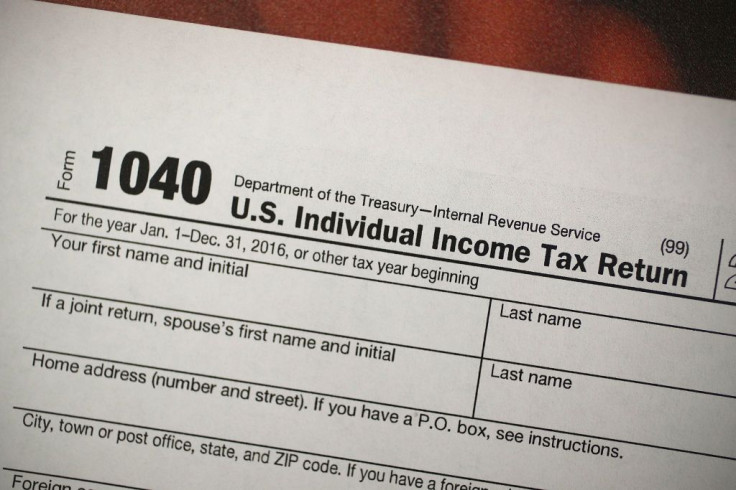What's In Trump's Tax Returns? President Asks Supreme Court To Keep Them Private

President Donald Trump on Thursday asked the U.S. Supreme Court to block a House Oversight Committee subpoena for his financial records, saying lawmakers had exceeded their authority.
The petition followed an appellate ruling in October ordering Trump’s accounting firm, Mazar’s USA, to turn over eight years of records to the committee, which said it wanted the documents as part of a review of financial disclosure laws.
Trump’s attorneys argue the subpoena has nothing to do with Congress’ lawmaking duties and serves “no legislative purpose.”
Congress has 30 days to respond.
The justices already are scheduled to huddle next week about an appeal of a similar order involving a subpoena from a New York grand jury investigating hush money former Trump fixer Michael Cohen paid to porn star Stormy Daniels to keep details of an alleged affair between Daniels and Trump quiet during the 2016 presidential campaign. Cohen is serving a jail term stemming from his work for Trump.
In Thursday’s filing, Trump attorney Jay Sekulow argued the Oversight Committee subpoena raises “profoundly serious constitutional questions” that will determine if “Congress can exercise dominion and control over the office of the president.”
He argued Trump is in a unique position and should be granted “special solicitude.”
"It is the first time Congress has ever subpoenaed the personal records of a sitting president, and it is the first time a congressional demand for any presidential records has been upheld," Sekulow wrote.
Trump has been fighting to protect his tax returns since the start of the 2016 presidential campaign, becoming the first candidate for president in recent history to refuse to release his returns. He maintained he was waiting to release them because he was under audit although no law prevents him from making the documents public.
The returns could prompt further investigations into Trump’s dealings and show exactly how astute a businessman he is.
"The whole point of tax planning is you try to look like you're really bad at business on your tax return. [That] is the goal of, kind of, both legal tax planning and illegal tax evasion," Jeff Hoopes, associate professor of business at the University of North Carolina's Kenan-Flagler Business School, told NPR. "If your goal is pay as little in taxes as possible, what you try to do is show the IRS that you made as little income as possible."
The Trump Organization has more than 500 entities, so the returns are expected to be complex.
© Copyright IBTimes 2024. All rights reserved.






















